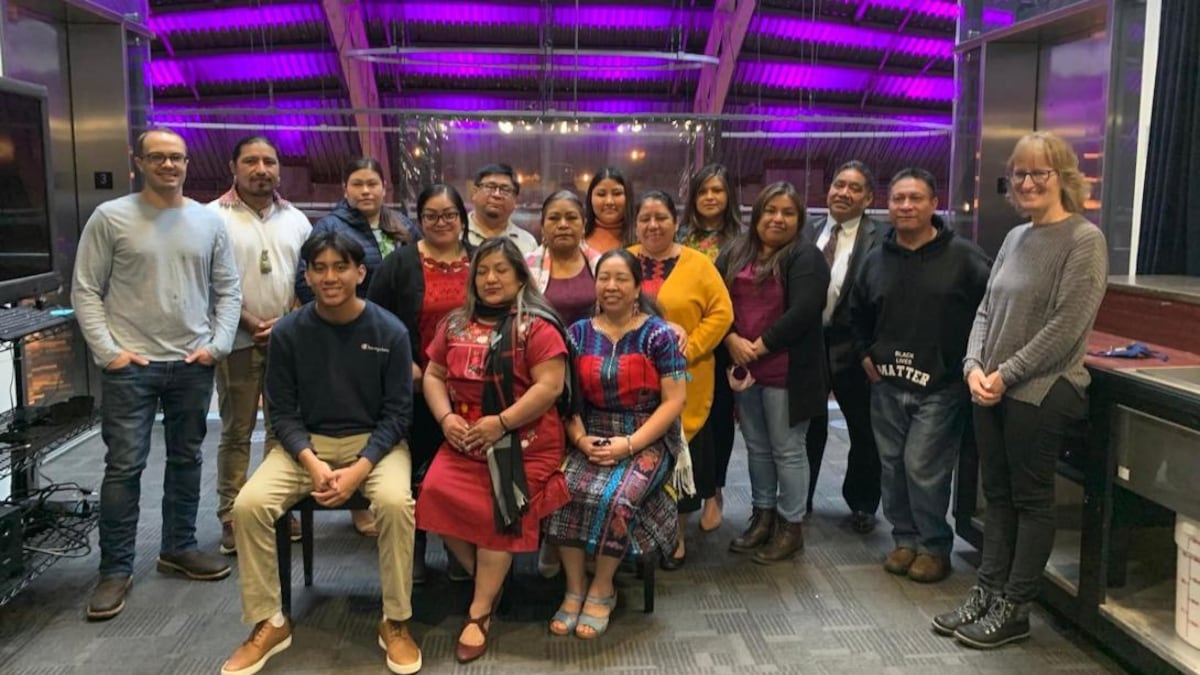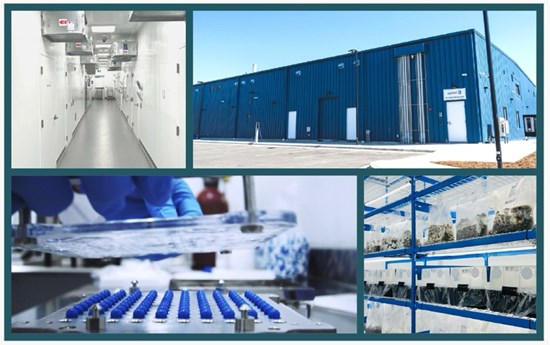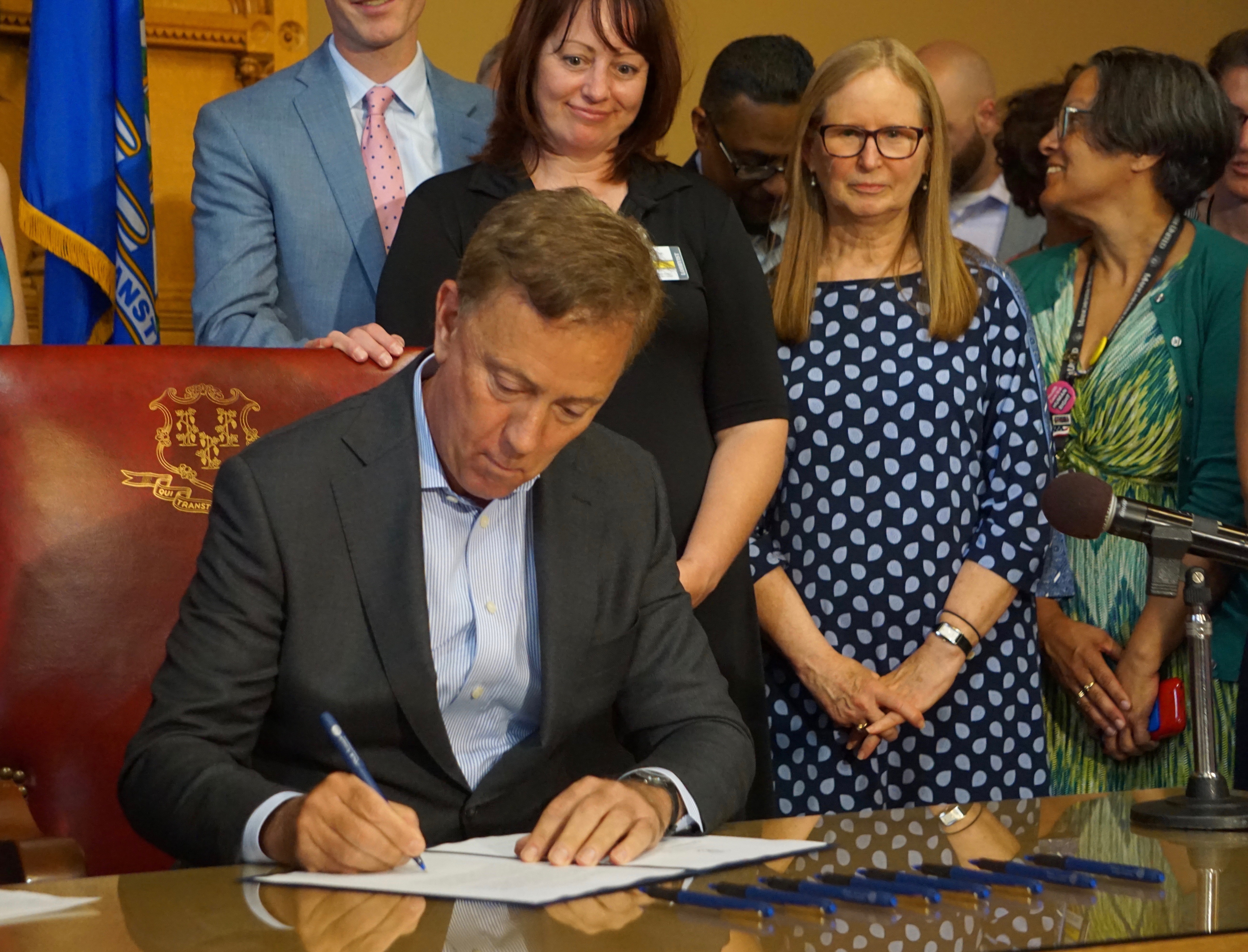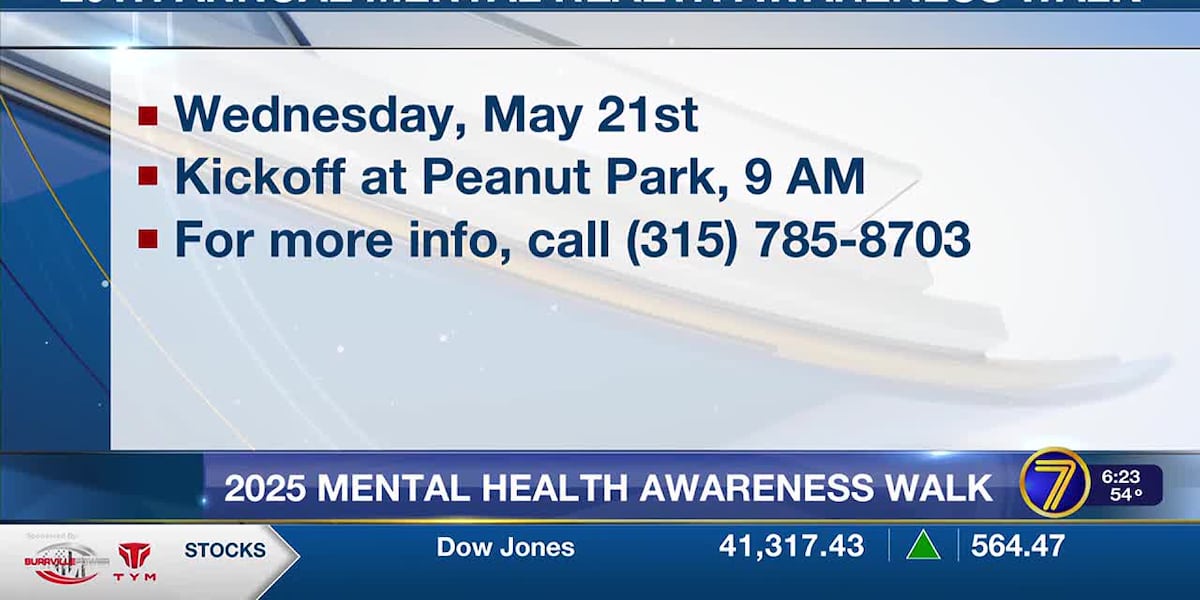Lost in Translation: Oregon's Indigenous Language Crisis Leaves Patients Unheard
Health
2025-05-03 13:00:01Content

A coalition of advocacy groups is pushing for enhanced interpreter training and accreditation standards to improve healthcare access for diverse communities. The collaborative effort aims to strengthen language support services, ensuring that individuals with limited English proficiency can effectively communicate and receive critical medical care and essential services.
By advocating for more rigorous professional development and certification requirements, these organizations seek to address communication barriers that often prevent non-native speakers from fully understanding medical instructions, treatment plans, and vital health information. The proposed legislative initiative would create more comprehensive guidelines for interpreter qualifications, ultimately promoting better healthcare outcomes and more inclusive service delivery.
Lawmakers are being urged to recognize the critical role of professional interpreters in bridging linguistic gaps and ensuring equitable access to healthcare and social services for all community members, regardless of their primary language.
Breaking Barriers: The Critical Need for Enhanced Medical Interpreter Training in Healthcare
In the complex landscape of healthcare communication, language barriers pose significant challenges that can dramatically impact patient outcomes, access to care, and overall healthcare equity. As medical institutions grapple with increasingly diverse patient populations, the role of professional medical interpreters has never been more crucial in bridging communication gaps and ensuring comprehensive, compassionate healthcare delivery.Transforming Healthcare Communication: A Lifeline for Linguistic Diversity
The Communication Conundrum in Modern Healthcare
Medical interpretation represents far more than simple word-for-word translation. It requires nuanced understanding of cultural contexts, medical terminology, and the delicate emotional landscape of patient-provider interactions. Professional interpreters serve as critical cultural mediators, ensuring that patients from diverse linguistic backgrounds receive accurate, comprehensive medical information and can effectively communicate their health concerns. The complexity of medical interpretation extends beyond linguistic skills. Interpreters must navigate intricate medical terminology, understand complex diagnostic processes, and maintain emotional neutrality while conveying potentially sensitive or life-altering medical information. Their role demands not just linguistic proficiency, but deep empathy, cultural sensitivity, and profound medical knowledge.Training Challenges and Systemic Gaps
Current interpreter training programs often fall short of providing comprehensive preparation for the multifaceted challenges of medical interpretation. Many programs lack standardized curriculum, rigorous accreditation processes, and ongoing professional development opportunities. This systemic weakness creates significant risks for patients who depend on accurate medical communication. Healthcare institutions are increasingly recognizing the need for robust, standardized interpreter training. By implementing more stringent accreditation requirements, developing specialized medical language curricula, and creating continuous professional development pathways, organizations can dramatically improve the quality of medical interpretation services.Technological Innovations and Future Perspectives
Emerging technologies are revolutionizing medical interpretation, offering innovative solutions to traditional communication barriers. Advanced translation technologies, artificial intelligence-powered interpretation tools, and real-time language support platforms are expanding the possibilities for seamless medical communication. However, technology cannot replace the nuanced human skills that professional interpreters bring. The future of medical interpretation lies in a hybrid approach that combines technological efficiency with deep human understanding, cultural competence, and emotional intelligence.Economic and Social Implications
Investing in high-quality medical interpreter training is not just a moral imperative but an economic necessity. Effective communication reduces medical errors, minimizes unnecessary medical procedures, improves patient compliance, and ultimately lowers overall healthcare costs. Moreover, comprehensive interpreter training contributes to broader social goals of healthcare equity, ensuring that linguistic diversity does not become a barrier to accessing quality medical care. By supporting professional interpreters, healthcare systems can create more inclusive, responsive, and patient-centered care environments.Collaborative Solutions and Institutional Commitment
Addressing the challenges of medical interpretation requires collaborative efforts from healthcare institutions, educational organizations, professional associations, and policymakers. By developing comprehensive, standardized training programs, creating robust accreditation mechanisms, and recognizing the critical importance of professional interpreters, we can transform healthcare communication. Legacy Health and other forward-thinking healthcare organizations are leading the charge in advocating for enhanced interpreter training, setting new standards for linguistic and cultural competence in medical settings. Their commitment signals a promising shift towards more inclusive, effective healthcare communication strategies.RELATED NEWS
Health

Green Light: Optimi Health Secures Critical FDA Approval for Drug Manufacturing
2025-05-05 11:35:00
Health

Healthcare Hopes vs. Reality: Trump Voters Demand Cost Cuts, But Will He Deliver?
2025-02-26 10:00:00
Health

Breaking: Top Physician Reveals Surprising Details in Trump's Medical Evaluation
2025-04-13 21:06:59





